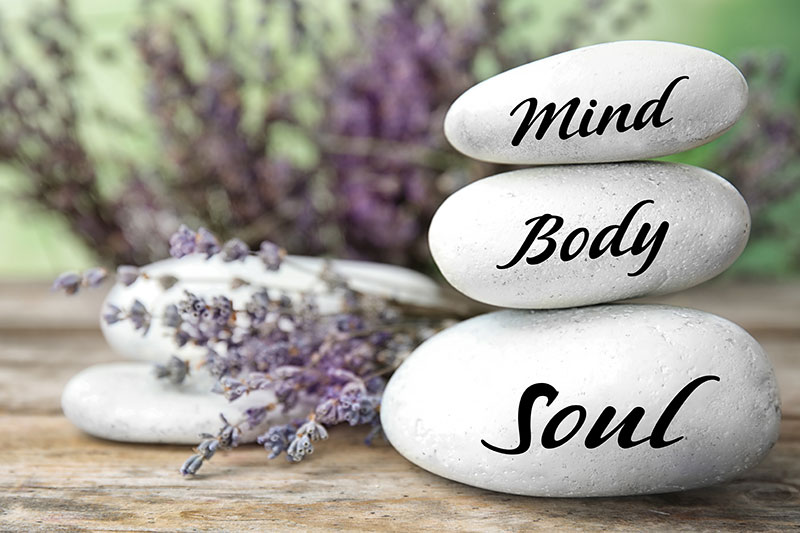Mental health and addiction recovery are two closely intertwined aspects of a person’s overall well-being, and their interplay is a subject of profound significance in our society today.
Addiction, a complex and multifaceted issue, can significantly impact one’s mental health, and conversely, mental health struggles can contribute to the onset and perpetuation of addiction.
This article delves into the intricate relationship between mental health and addiction recovery, highlighting the importance of cultivating mental well-being as an integral component of the recovery journey.
Understanding the Intersection
For individuals on the path of addiction recovery, achieving and maintaining mental health is not only a matter of personal growth but often a matter of survival.
To truly grasp the intricate relationship between mental health and addiction recovery, one must delve into the heart of the matter: the intersection of these two facets of well-being.
The connection is not merely coincidental; it’s profound and dynamic, exerting a profound influence on the lives of those affected.
Mental Health as a Precursor and Consequence

It’s crucial to recognize that mental health and addiction share a bi-directional link. In some instances, pre-existing mental health conditions can be precursors to addiction.
Conditions like depression, anxiety, post-traumatic stress disorder (PTSD), and bipolar disorder can increase vulnerability to substance abuse.
Individuals experiencing these conditions may turn to substances as a coping mechanism, attempting to self-medicate and alleviate emotional pain.
Conversely, addiction can lead to mental health issues. Substance abuse profoundly impacts the brain’s chemistry, resulting in cognitive impairments, mood swings, and impaired decision-making.
These changes often manifest as anxiety, depression, or other mental health disorders. Moreover, addiction can damage relationships, isolate individuals, and create financial hardships, contributing to feelings of despair and hopelessness.
Self-Medication and the Vicious Cycle
A fundamental aspect of this intersection is the concept of self-medication. Those grappling with mental health challenges may use drugs or alcohol to alleviate their emotional suffering. Substances offer temporary relief, an escape from the turmoil within, but they come at a high cost.
While this may provide fleeting respite, the substances used as a lifeline can exacerbate mental health issues over time.
The relief is replaced by an insidious cycle of dependence, as individuals find themselves increasingly unable to manage their lives without drugs or alcohol. The grip of addiction tightens, leading to further mental health challenges and an ever-deepening abyss.
Shame, Guilt, and Eroded Self-Worth
Another facet of this intersection is the emotional turmoil that often accompanies addiction. The cycle of substance abuse is frequently accompanied by shame and guilt. Individuals may feel powerless to control their impulses, ashamed of their actions, and guilty about the impact of their addiction on themselves and their loved ones.
These emotions can have a profound impact on self-esteem and overall mental well-being. The weight of guilt and shame can be crushing, creating a seemingly impossible self-perpetuating cycle. The erosion of self-worth further entrenches the individual in the clutches of addiction, making recovery all the more challenging.
Recognizing the Need for Holistic Healing

Understanding the intersection of mental health and addiction recovery underscores the need for a holistic healing approach.
Recovery is not merely about ceasing substance use but addressing underlying mental health issues. Neglecting this crucial aspect of recovery can render it fragile and prone to relapse.
By embracing mental health as an integral part of the recovery journey, individuals can gain essential coping mechanisms to deal with stress, anxiety, and emotional triggers. They can learn healthier ways to navigate the trials of life without resorting to substance abuse.
Ultimately, this holistic approach equips individuals to address the root causes of their addiction, fostering true and lasting recovery.
Seeking Help and Support
Navigating the complex intersection of mental health and addiction recovery is not a solitary journey. Professional help is a vital resource. Therapists, counselors, and support groups provide guidance and a safe space to address these intertwined dynamics.
They offer strategies for managing mental health and addiction, and, most importantly, they offer understanding, empathy, and support on the path to recovery.
In conclusion, understanding the intersection between mental health and addiction recovery is the first step toward healing.
It illuminates the intricacies of this relationship, making it possible to address, manage, and ultimately transform these intertwined dynamics into a life of wellness and vitality.

Jean Smith is a fitness enthusiast and blogger who focuses on fitness and a healthy lifestyle. She is passionate about assisting people in living healthier lifestyles and is constantly on the lookout for new and creative methods to stay fit and healthy. Her articles are excellent resources for anyone interested in improving their health and fitness.
